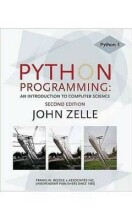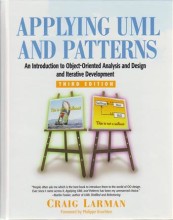Nathalie Heinich: A sociology of the singular
17 important questions on Nathalie Heinich: A sociology of the singular
What is a reason for the difference in sociology between Bourdieu and Heinich?
What does post-modernism mean for a sociology/epistemology?
What is an epistemological approach?
- Higher grades + faster learning
- Never study anything twice
- 100% sure, 100% understanding
What does Heinich say is the problem with collective laws in sociology?
What does Heinich say is the problem with group vs individual in sociology?
What does Heinich say is the problem with the democratic paradigm in sociology?
What does Heinich say is the problem with Bourdieu's distinction strategy?
Epistemological term of the art world --> it is trying to incorporate the singular, unique in the collective.
What is Heinich's solution to these problems?
- Anti-reductionism
- A-critical
- Descriptive
- Pluralistic
- Relative relativism
- Neutral engaged
- Research based on experimental exploration
1. What did she take as an example to illustrate this, and how is this a good example?
- The academic system --> collective regime, so follow collective rules
- Modern expressionism --> strategy to make something unique, the particular, the excess, abnormality, the exception --> singular regime
- Between the end of the 19th century and WWI both regimes exist in parallel. After WWI, the singular regime takes over (with the avant-garde becoming more the norm etc) --> autonomy becomes the rule, the norm. There is a strong belief in individual autonomy and authenticity.
1. What consequences are there for the artist?
Another rule: individual authenticity --> a moral rule: you have to be authentic.
- The artist has to incorporate a collective rule and distinct him/herself from it (double movement)
- Modern expressionism --> the internal life
- Avant-garde --> reflexive quest to find an unique distinction in art history
3. What is wrong with social reality?
3. How does this relate to value regimes?
3. What is meant with reality effects?
6. What is meant by neural engaged?
7. What is meant by experimental research?
One needs to see the symmetry between theory and empirical research --> grounded theory (Glaser and Strauss): need to build theory on ground --> empirical ground.
What is a problem with the Van Gogh example?
What is not so much a problem, but more of a potential that Heinich did not see?
The question on the page originate from the summary of the following study material:
- A unique study and practice tool
- Never study anything twice again
- Get the grades you hope for
- 100% sure, 100% understanding































